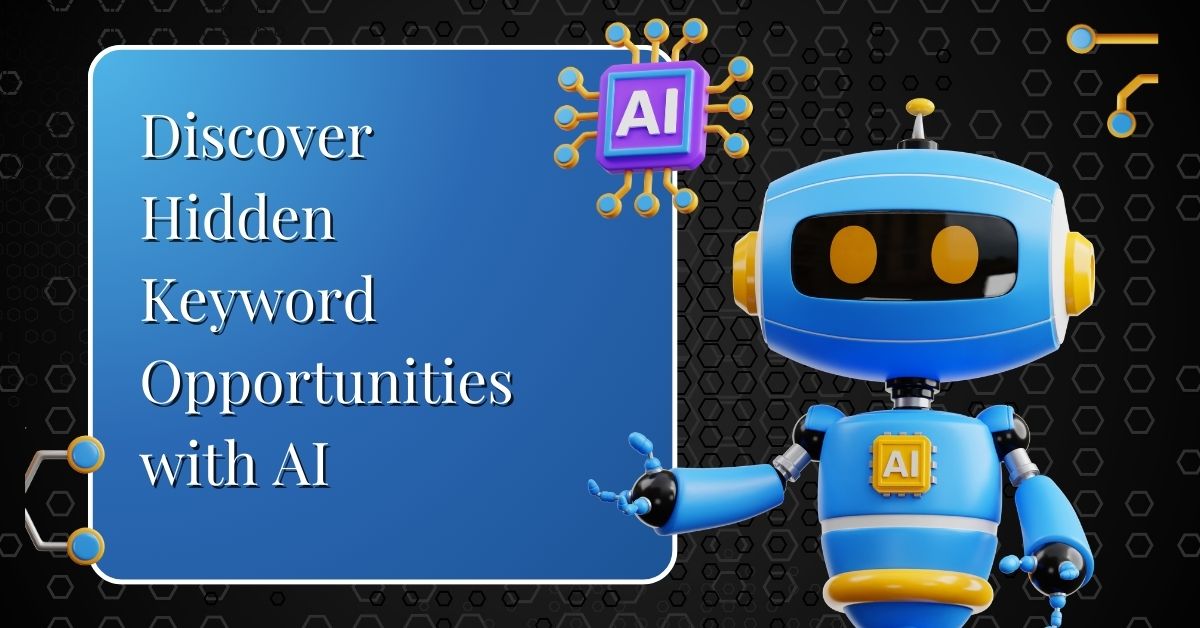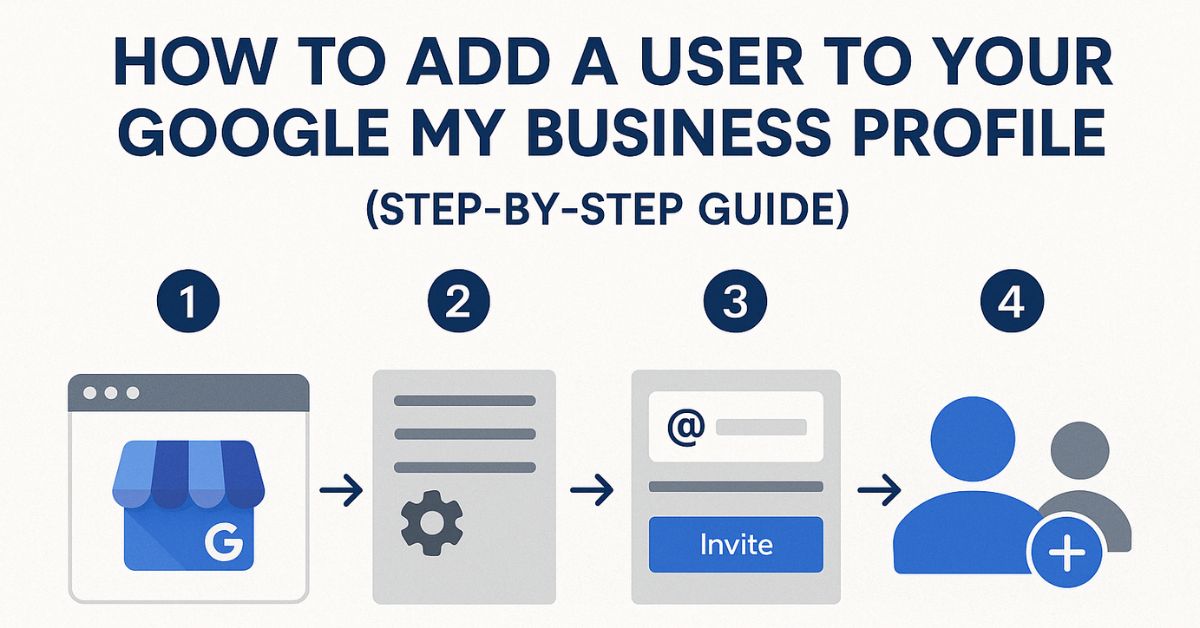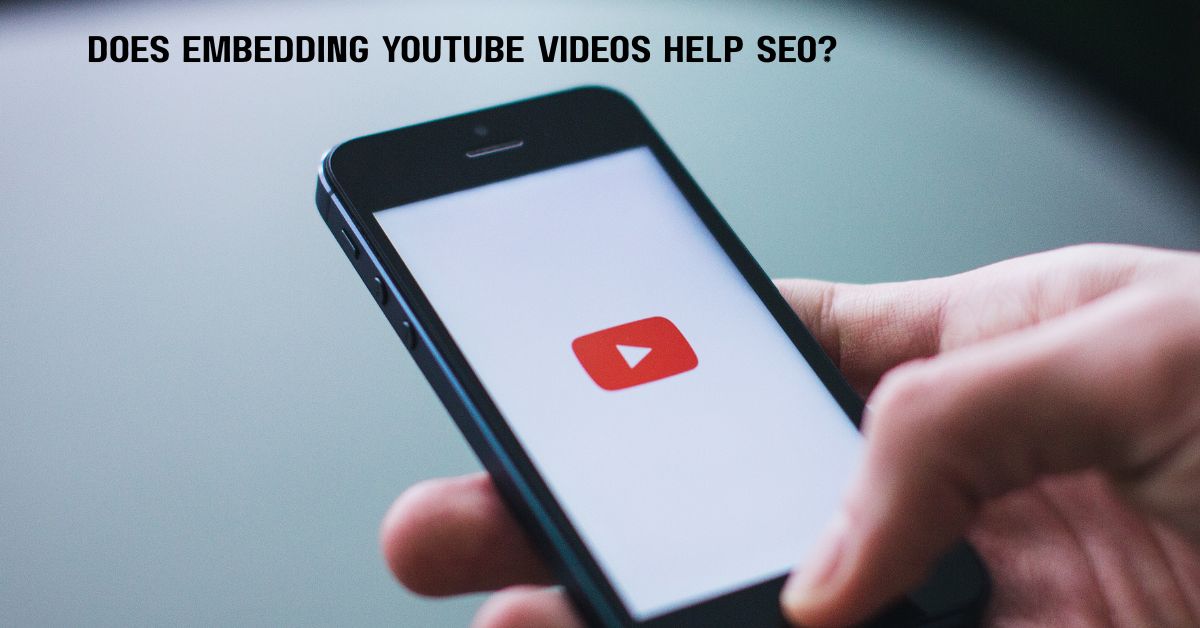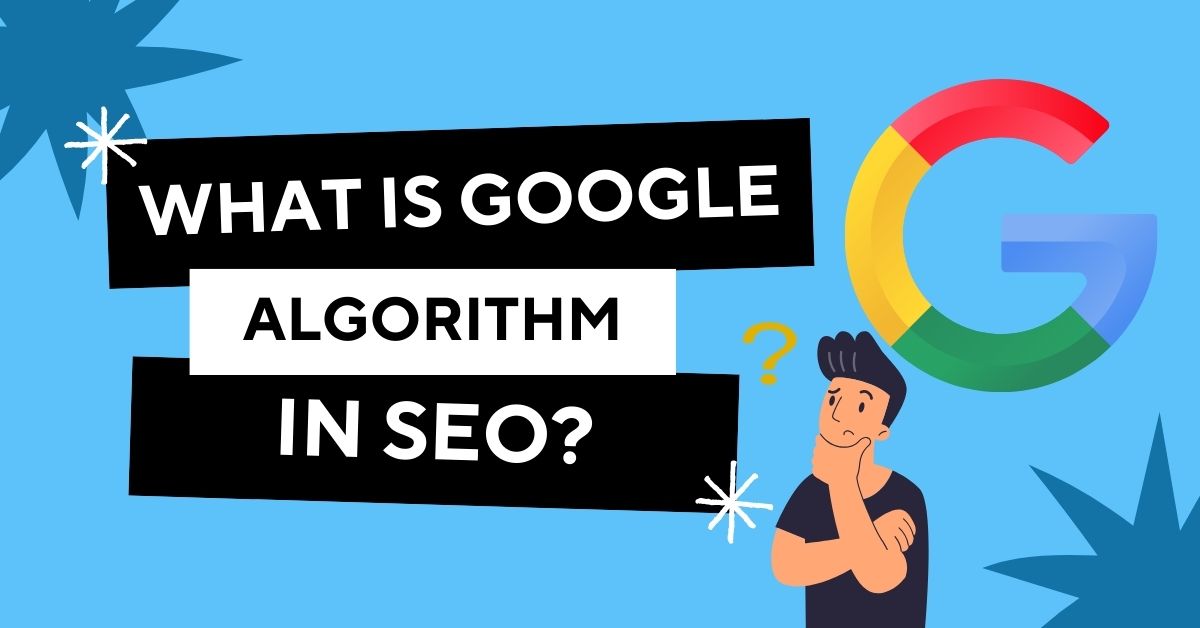
It’s interesting how ChatGPT has become the go-to place for everything, from completing assignments to solving complex problems. For marketers, it has turned into a goldmine that keeps on giving.
This AI platform has now evolved into a powerful keyword research tool — giving deeper, fresher insights into users’ search patterns and tendencies, and that’s just what you need to know.
This blog will guide on how to harness AI’s true potential and get to complement your SEO efforts.
What Are Hidden Keyword Opportunities
For any niche out there, there are search terms that are often overlooked in traditional keyword research, especially with methods like experimenting with Google or analyzing competitor content. These are long-tail keywords, semantic phrases or similar variations that don’t garner competition as compared to their high-volume counterparts, but still garner user search intent.
These are known as hidden, and often missed keyword opportunities. Identifying these
keywords can boost your organic traffic and enhance your overall SEO results.
Why Traditional Keyword Research Tactics are Making You Miss Out On Opportunities
Many digital marketing teams end up spending a good fortune on SEO tools, out of which most are for keyword research, but ChatGPT is changing that. SEO tools may get you keywords related to primary search terms, but they are scattered and uncategorized —- leaving you to do the work.
That is where ChatGPT shifts the scenario, as it generates keywords according to the nature of your business. If you make your prompt more detailed, it will suggest keywords that can be used for your blog, service, or landing pages — thus doing half the work in keyword research.
If you compile a list of these keywords, you can also ask the tool to categorize them on the basis of pages where they should be used, such as CTAs, H1 headings, and so on. With a structured plan like this, you can easily tell what keywords can make your page rank higher and how to feature user intent on that page.
This doesn’t imply that you must replace ChatGPT with other keyword research tools. Always complement your SEO strategy with AI as well as professional expertise to fill the gaps with data-backed insights and creativity.
How to Use ChatGPT for Practical Keyword Discovery
ChatGPT is an entire cheat-sheet of SEO tactics, and here’s how it can help you spruce up your SEO strategies:
1. Generating a list of keywords
Creating keyword lists for your upcoming content can be quite the hassle. Spending time scanning competitor websites, gathering keywords manually, and so on. However, ChatGPT can bring all of it together, reducing the work for you.
For example, if you want to write for mountain bikes, you can use a simple prompt like: “Generate a list of 20 keywords related to mountain bikes”.
3. Getting keyword ideas based on questions
Some queries may be in the form of questions, with terms such as “How”, “Where”, “Why”, and “When” being the key phrases. These reveal users’ most common concerns and desires, and ChatGPT can get you keyword ideas based on these questions.
To begin, you can make a prompt based on questions for your seed word. For example, “give me user searches for the word “homemade pasta”. You will see all user searches and related queries that your audience might be searching for. These can help immensely in blog topic creation or FAQs on your landing page.
5. Using variations of your primary keywords
The right ChatGPT prompts can help you identify semantic keywords i.e. terms that are closely related to your keywords on your landing page or website.
Since people are always on the lookout for related terms, it is good practice to tap them and improve your visibility. Try to incorporate different versions of your page’s main keywords from ChatGPT to attract a wider audience who may be searching for the same information using different words.
This practice also enhances the article’s semantic relevance, and is also encouraged on Google’s SEO Starter Guide.
6. Topic ideation for blogs, landing pages
Generally, most people go to Google Keywords Planner or Google Trends to get an idea of the trending topics that their audience might be searching for. While that is the right process, most people have shifted to AI-based search platforms, ChatGPT being one of them.
Since these tools can give you information based on their search history as well as parse the internet, you get comprehensive results from all platforms, thus helping you in topic creation for a variety of niches.
Takeaway
ChatGPT can be a standalone tool for topic generation, keyword research, and even content brainstorming, but it still needs expert intervention for producing reliable results.
It’s all about prompts — the more relevant they are, the better results and insights you get. By improving your prompt engineering (the way you design prompts) you can get any AI tool, including ChatGPT, Perplexity or Gemini to produce desired outputs
Thus, combined with other SEO tools, ChatGPT can become a crucial tool in your arsenal for impactful growth strategies!
And while you are on it, you can also lend professional help from a reliable SEO marketing agency in NZ that knows how to harness core strengths of ChatGPT.





